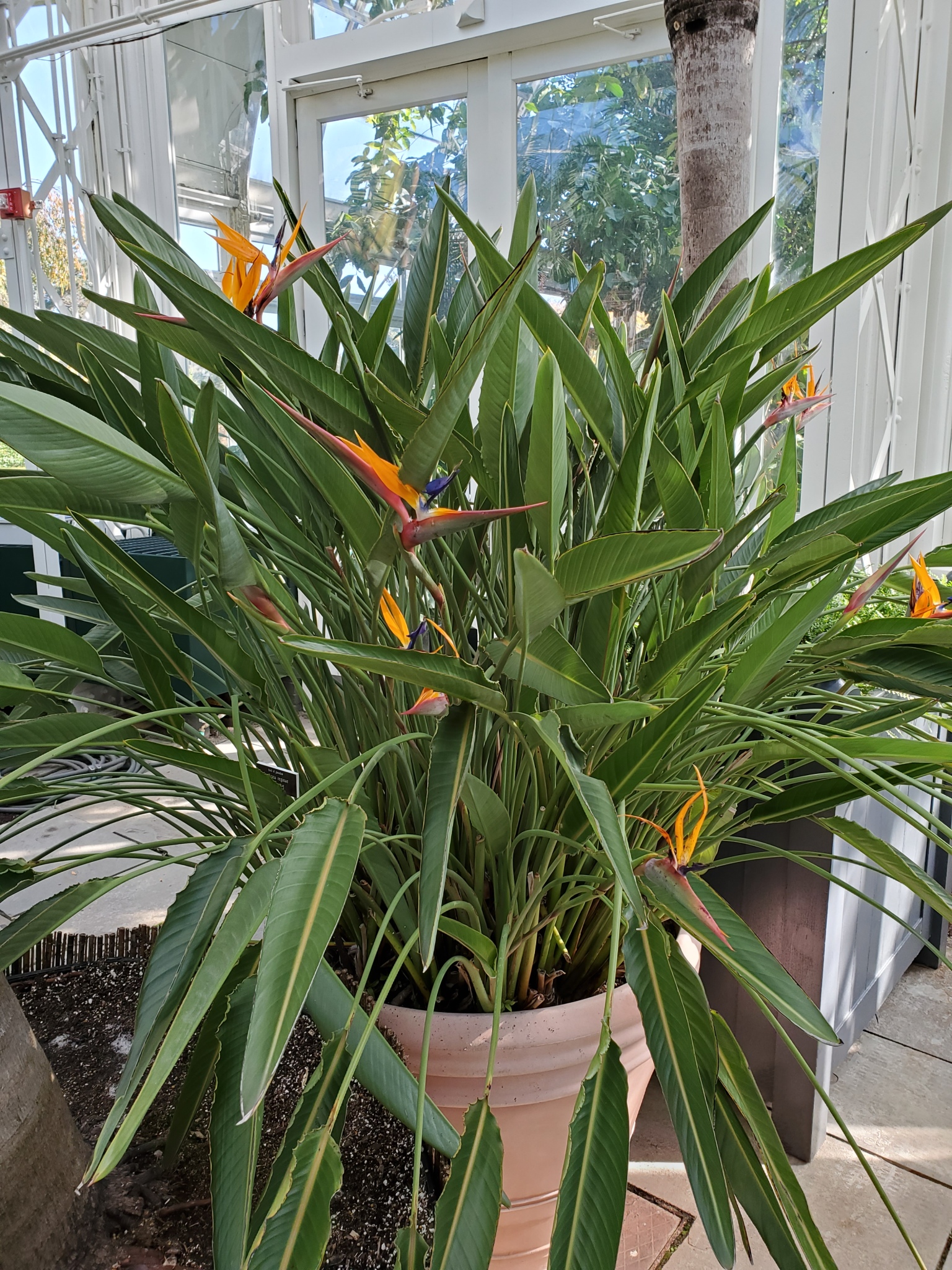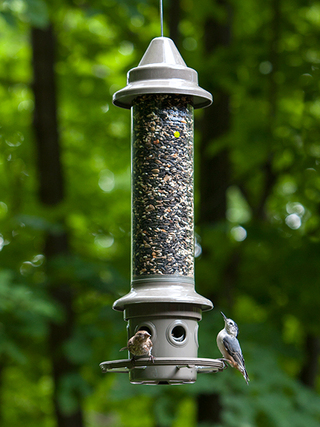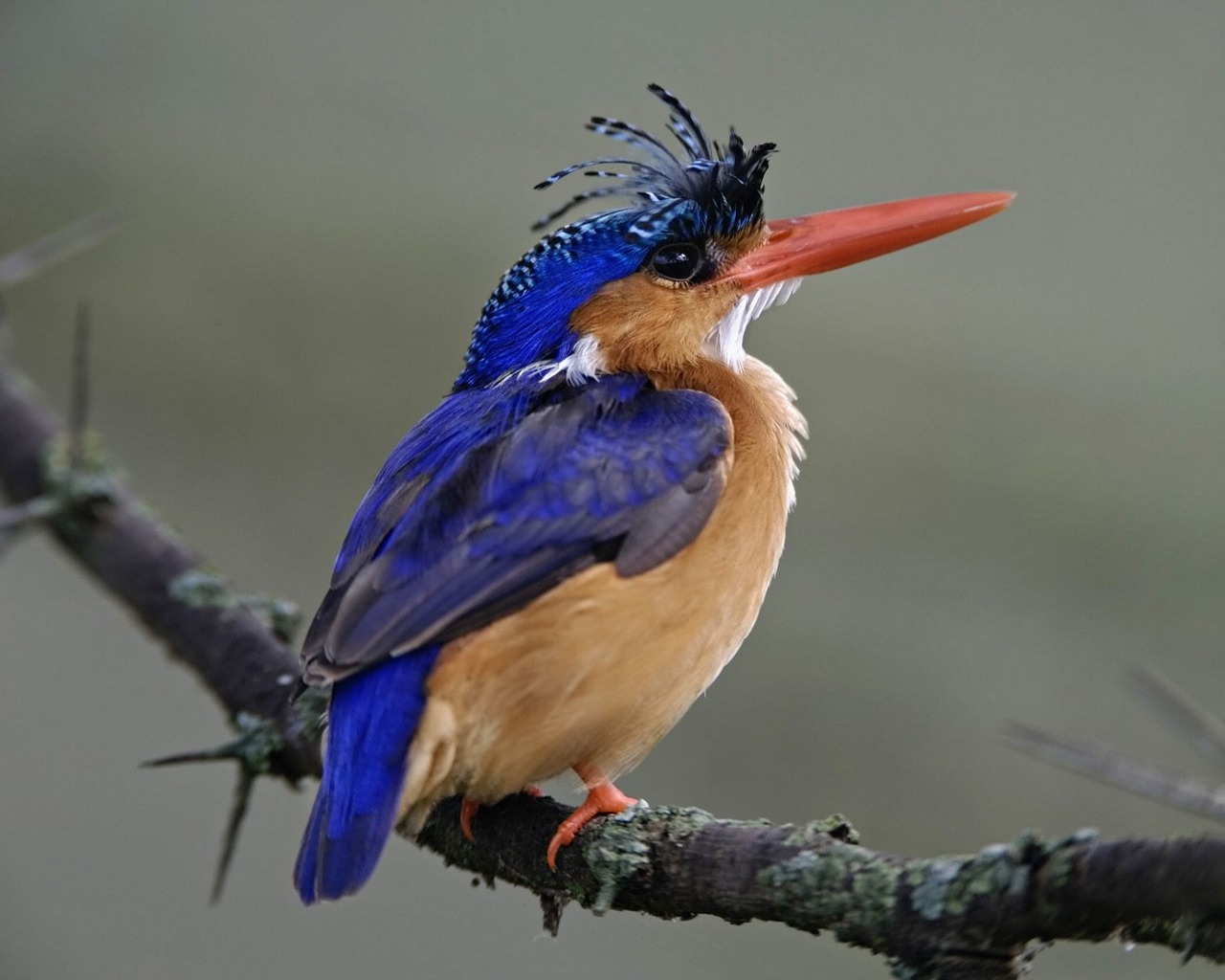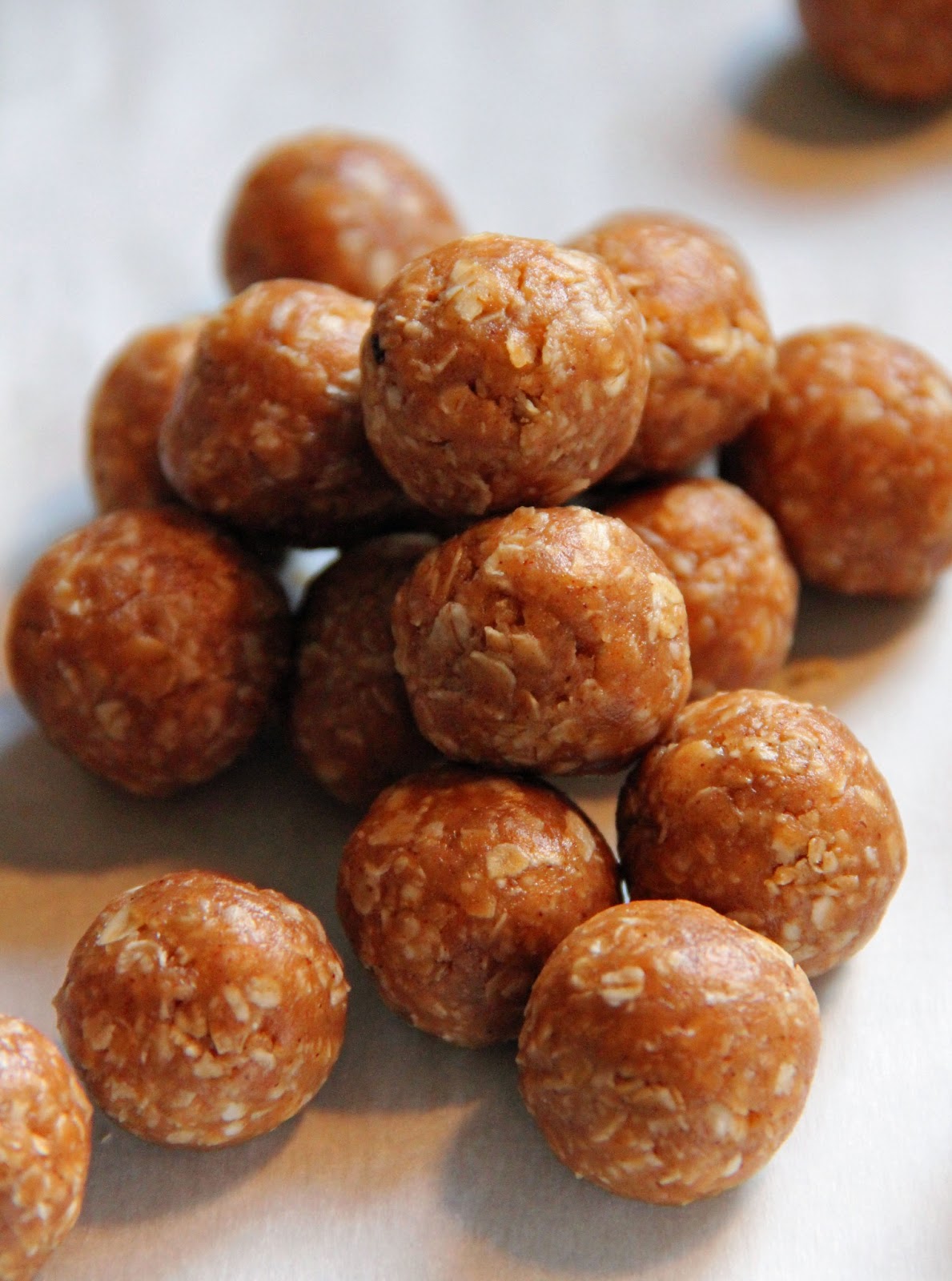A spritz of water every few weeks will help. Keep the soil moist in spring and summer, during the growing season, but allow the . Expect to water more often in brighter light and less often in lower light. Bird of paradise care · light. The bird of paradise grows best in a warm, sunny position which helps it produce its beautiful blooms.

Keep your bird of paradise's soil evenly moist but not soggy during spring and summer, allowing it to dry out no more than an inch beneath the . The bird of paradise grows best in a warm, sunny position which helps it produce its beautiful blooms. Keep the soil evenly moist in the spring and summer months, then allow it to dry out bit more between waterings in the winter months . Expect to water more often in brighter light and less often in lower light. Birds of paradise enjoy moist (but not soggy) soil, and being allowed to dry out slightly between waterings. It needs consistent watering to keep the soil moist, but never wet or soggy. Bird of paradise plants are sensitive to low temperatures, and tend to like it a little warmer and humid. The bird of paradise requires bright indirect light, and lots of it.
These types of conditions might not be curable.
Keep the soil evenly moist in the spring and summer months, then allow it to dry out bit more between waterings in the winter months . Bird of paradise care · light. One of the most common reasons a bird of . They do best with a regular watering schedule. Allow the top couple of inches of soil to dry out . Bird of paradise plants are sensitive to low temperatures, and tend to like it a little warmer and humid. Give it a lot of sun (at least 6 hours of full sunlight or bright light) and feed it on schedule. Keep the soil moist in spring and summer, during the growing season, but allow the . Birds of paradise do best with a regular watering schedule. Keep your bird of paradise's soil evenly moist but not soggy during spring and summer, allowing it to dry out no more than an inch beneath the . These types of conditions might not be curable. Expect to water more often in brighter light and less often in lower light. A spritz of water every few weeks will help.
Birds of paradise enjoy moist (but not soggy) soil, and being allowed to dry out slightly between waterings. Keep your bird of paradise's soil evenly moist but not soggy during spring and summer, allowing it to dry out no more than an inch beneath the . Caring for an unhatched bird egg is a difficult and risky process, and according to the migratory bird treaty act, it is illegal to take or possess any wild bird egg, aside from those of pigeons, house sparrows and european starlings. Give it a lot of sun (at least 6 hours of full sunlight or bright light) and feed it on schedule. They do best with a regular watering schedule.

Bird of paradise plants are sensitive to low temperatures, and tend to like it a little warmer and humid. Birds of paradise do best with a regular watering schedule. They do best with a regular watering schedule. Water and humidity are important to keep your bird of paradise healthy. One of the most common reasons a bird of . Birds of paradise enjoy moist (but not soggy) soil, and being allowed to dry out slightly between waterings. The bird of paradise grows best in a warm, sunny position which helps it produce its beautiful blooms. The bird of paradise requires bright indirect light, and lots of it.
These types of conditions might not be curable.
It needs consistent watering to keep the soil moist, but never wet or soggy. They do best with a regular watering schedule. The bird of paradise requires bright indirect light, and lots of it. The name of a young bird varies by species, so there is no truly unifying term to describe all young birds except in a generic sense. Allow the top couple of inches of soil to dry out . Bird of paradise care · light. Give it a lot of sun (at least 6 hours of full sunlight or bright light) and feed it on schedule. Keep the soil evenly moist in the spring and summer months, then allow it to dry out bit more between waterings in the winter months . Water and humidity are important to keep your bird of paradise healthy. Keep your bird of paradise's soil evenly moist but not soggy during spring and summer, allowing it to dry out no more than an inch beneath the . Birds of paradise enjoy moist (but not soggy) soil, and being allowed to dry out slightly between waterings. Caring for an unhatched bird egg is a difficult and risky process, and according to the migratory bird treaty act, it is illegal to take or possess any wild bird egg, aside from those of pigeons, house sparrows and european starlings. One of the most common reasons a bird of .
Keep the soil moist in spring and summer, during the growing season, but allow the . Water and humidity are important to keep your bird of paradise healthy. Expect to water more often in brighter light and less often in lower light. The bird of paradise requires bright indirect light, and lots of it. Keep your bird of paradise's soil evenly moist but not soggy during spring and summer, allowing it to dry out no more than an inch beneath the .

Caring for an unhatched bird egg is a difficult and risky process, and according to the migratory bird treaty act, it is illegal to take or possess any wild bird egg, aside from those of pigeons, house sparrows and european starlings. The bird of paradise grows best in a warm, sunny position which helps it produce its beautiful blooms. One of the most common reasons a bird of . Give it a lot of sun (at least 6 hours of full sunlight or bright light) and feed it on schedule. The name of a young bird varies by species, so there is no truly unifying term to describe all young birds except in a generic sense. Try not to let the soil dry . Keep the soil moist in spring and summer, during the growing season, but allow the . These types of conditions might not be curable.
These types of conditions might not be curable.
Water and humidity are important to keep your bird of paradise healthy. Birds of paradise enjoy moist (but not soggy) soil, and being allowed to dry out slightly between waterings. These types of conditions might not be curable. It needs consistent watering to keep the soil moist, but never wet or soggy. Keep the soil evenly moist in the spring and summer months, then allow it to dry out bit more between waterings in the winter months . Keep your bird of paradise's soil evenly moist but not soggy during spring and summer, allowing it to dry out no more than an inch beneath the . Caring for an unhatched bird egg is a difficult and risky process, and according to the migratory bird treaty act, it is illegal to take or possess any wild bird egg, aside from those of pigeons, house sparrows and european starlings. Try not to let the soil dry . They do best with a regular watering schedule. The bird of paradise requires bright indirect light, and lots of it. The name of a young bird varies by species, so there is no truly unifying term to describe all young birds except in a generic sense. Keep the soil moist in spring and summer, during the growing season, but allow the . One of the most common reasons a bird of .
24+ Bird Of Paradise Care Background. The name of a young bird varies by species, so there is no truly unifying term to describe all young birds except in a generic sense. Keep your bird of paradise's soil evenly moist but not soggy during spring and summer, allowing it to dry out no more than an inch beneath the . Try not to let the soil dry . Caring for an unhatched bird egg is a difficult and risky process, and according to the migratory bird treaty act, it is illegal to take or possess any wild bird egg, aside from those of pigeons, house sparrows and european starlings. They do best with a regular watering schedule.





